At present, concern for the environment and the cure for the planet have led many people to adopt a more conscious and sustainable lifestyle, such as the “Zero Waste” movement or zero residue, which has become very popular in recent years.
In this article, we are going to tell you what "Zero Waste" means, its origin and how we can implement it in our daily purchases to reduce the use of plastics.
What is "Zero Waste" or zero residue?
The term "Zero Waste" or zero residue is based on the reduction or elimination of waste production. The idea is to minimize the amount of garbage we generate, preventing it from ending up in landfills or in the environment (how in oceans, rivers, forests, etc.).
This concept defends the reuse of resources, avoiding the generation of waste and adopting habits of responsible consumption.

Origin of the "Zero Waste" movement
The "Zero Waste" movement emerged in the 1970s, when the first residue recycling and management policies began to be implemented in some cities. However, it was from the 2000s that the concept gained greater popularity, especially thanks to the influence of activists and authors such as Bea Johnson, who in his book "Zero Waste Home" detailed how his family managed to drastically reduce his garbage production.
Main axes of zero residue
The "Zero Waste" movement or zero residue is based on five fundamental principles, known as 5 R: reject, reduce, reuse, recycle and ROT (composar).
- Decline: Say no to those products that we do not need, especially those that are wrapped in a single use plastic. Reject advertising brochures, promotional gifts and plastic bags are some ways to start.
- Reduce: This principle implies reducing our general consumption, opting for durable and quality products instead of those that are disposable or of low quality. Reducing also means buying in bulk, avoiding unnecessary wrappers.
- Re-use: Here the importance of giving a second life to objects is promoted, either by direct reuse or transforming them into something new. Using fabric or reusable bags to buy, reusable containers and water bottles are examples of how we can incorporate this principle into our daily lives.
- Recycle: Although recycling is important, in the "Zero Waste" movement it is considered a secondary option after rejecting, reducing and reusing. The idea is to recycle only what cannot be rejected, reduce or reuse.
- Compost: Composting organic waste is an effective way to return nutrients to the earth and reduce the amount of garbage we generate. Food remains, dry leaves and other biodegradable materials can be composted instead of throwing themselves in the trash.
Check out our article on Habits of responsible and sustainable consumption For more information.

“Zero Waste” measures implemented for purchase without plastic
In recent years, several countries and regions have implemented measures to reduce the use of plastics. Some of these measures are:
- Collect plastic bags: As of July 1, 2018, supermarket plastic bags have to be charged. In addition, a law has also been approved in which 50% of the plastic of the bags must be recycled. These measures encourage consumers to carry their own reusable bags.
- Prohibition of cutlery, plates and plastic straws: In the European Union, certain single -use plastics have been prohibited, such as cutlery, plates, straws and beverage agitators. This measure seeks to reduce plastic contamination in oceans and other ecosystems.
- Other measures at European level: In addition to the mentioned prohibitions, sustainable alternatives are being promoted, as well as education about the importance of reducing the use of plastics.
Check our article on How to make a sustainable purchase For more information.

Carlett "Zero Waste" products without plastic
Carlett offers a variety of products designed to facilitate a purchase without plastic and support the "Zero Waste" lifestyle or zero residue.
Next, we highlight some of them:
Silicone bags
The Reusable silicone bags They are an alternative to single -use plastic bags or the classic film paper. They are durable, easy to clean and perfect for storing food.

Reusable bags for fruit and vegetables
Carlett also offers Reusable bags for fruits and vegetables, ideal to avoid the use of plastic bags in the supermarket. These bags are light, resistant and can be easily washed.

Silicone tapas
The Adjustable silicone tapas They are a versatile alternative to plastic wrappers. They are reusable and adapt to a variety of containers, keeping fresh foods without generating waste.

Bag with compartments
To facilitate the organization and transport of your purchases, Carlett offers a Bag with compartments. This bag is perfect to separate and store different types of products at the time of purchase, reducing the need for additional bags.

Adopting a “Zero Waste” lifestyle may seem like a challenge to the beginning, but with adequate information and products, it is possible to significantly reduce our ecological footprint. By rejecting, reducing, reusing, recycling and composting, we can contribute to a more sustainable and waste free future.
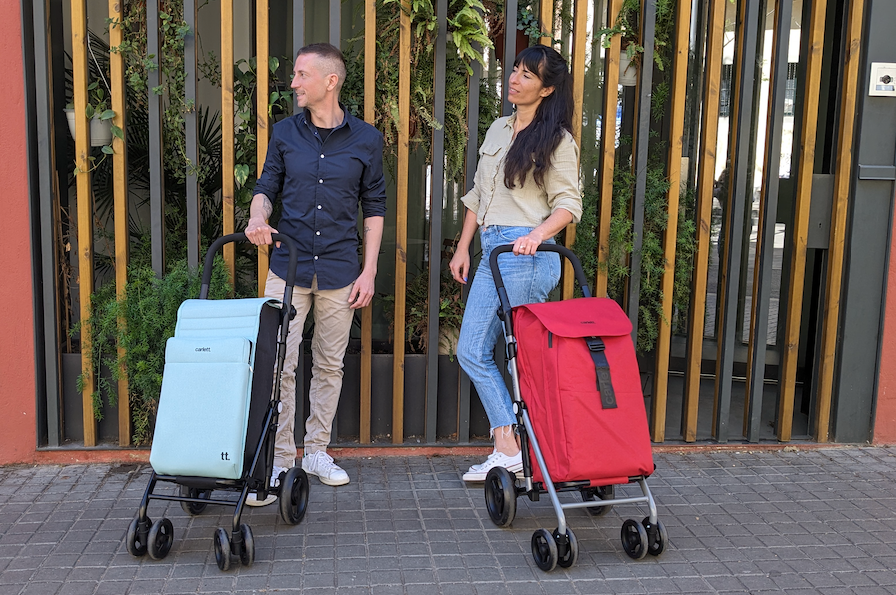
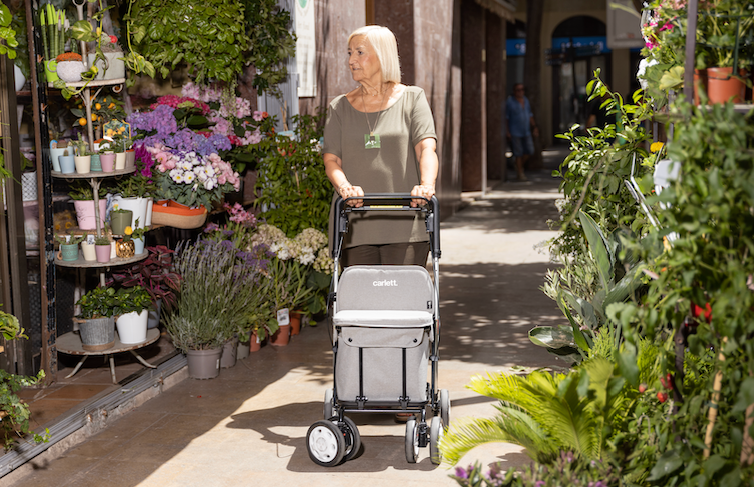
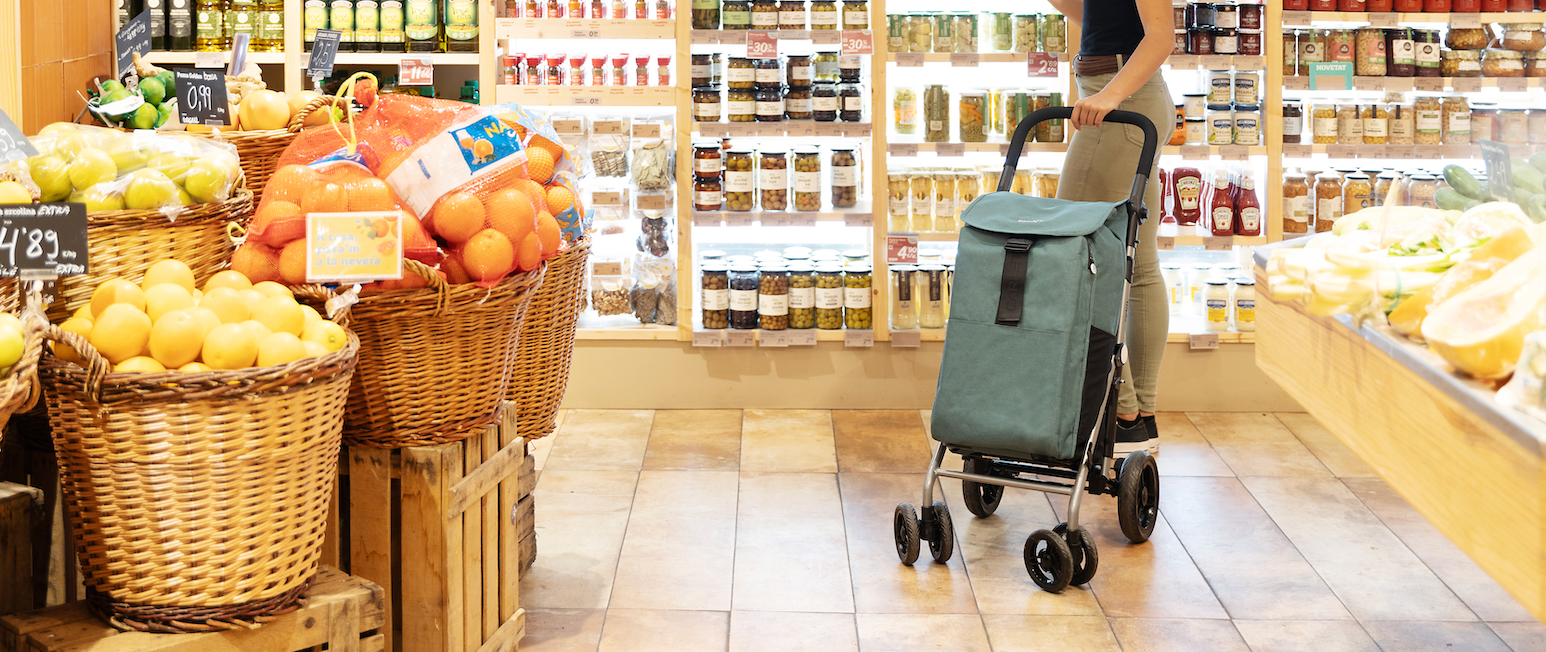
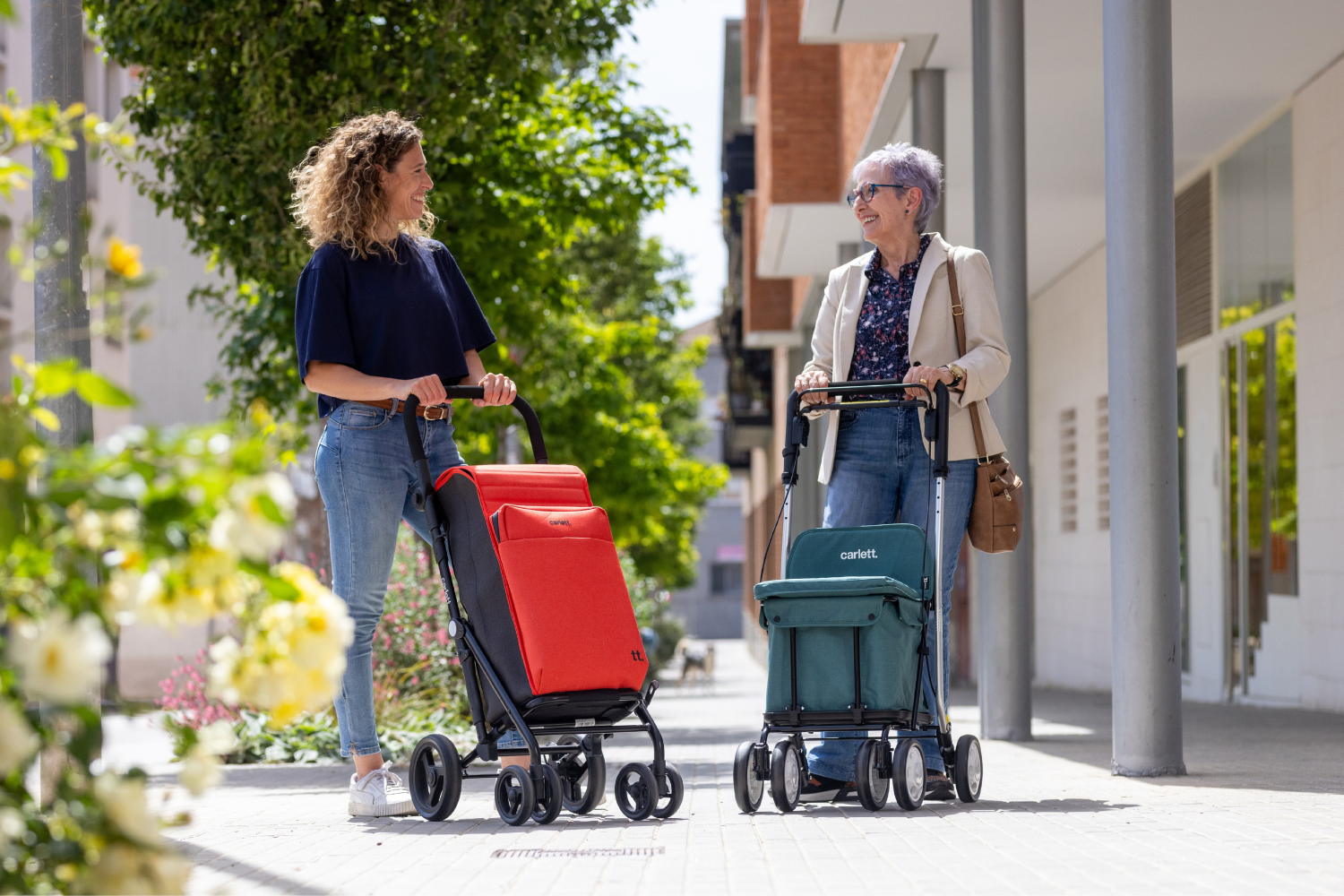
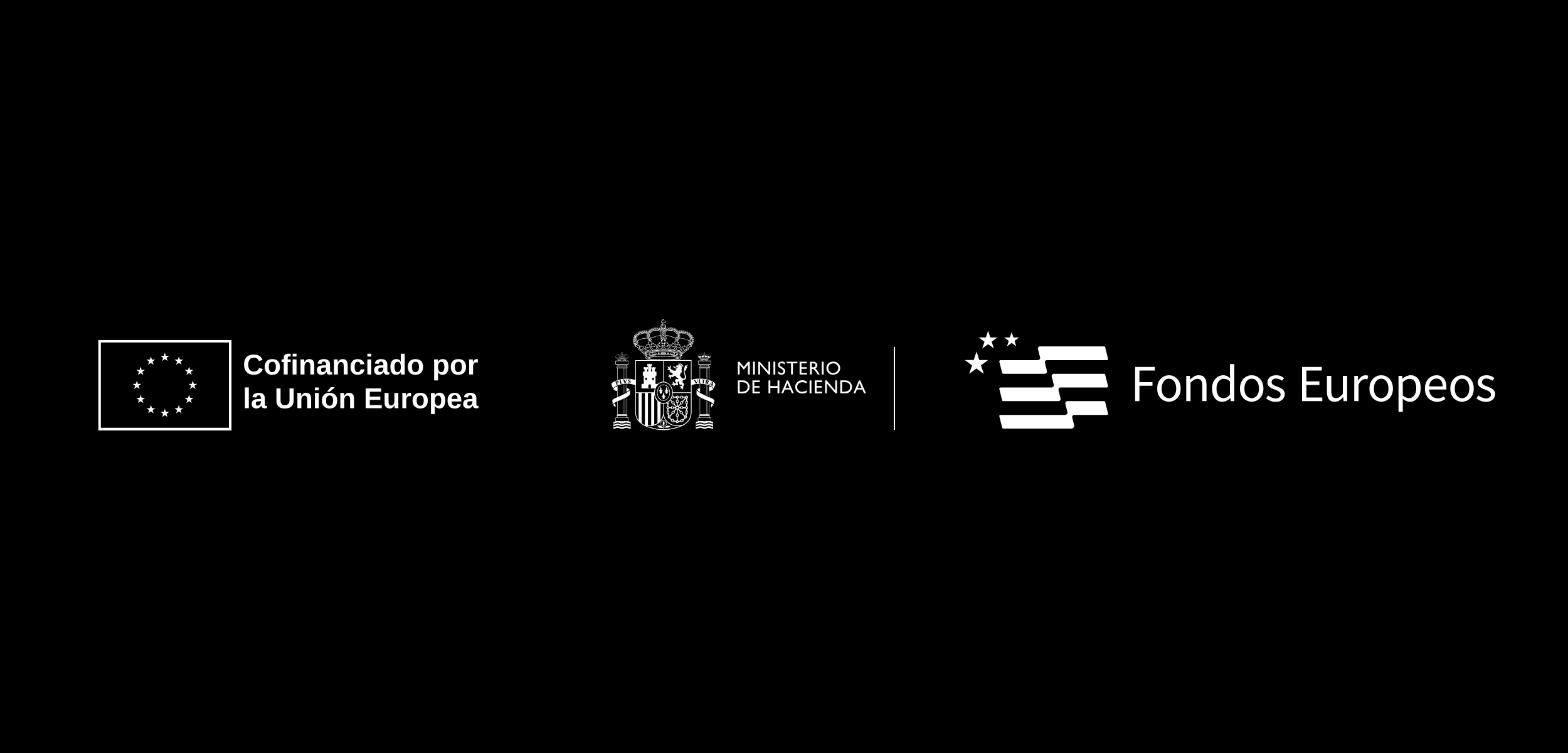
Leave a comment
All comments are moderated before being published.
This site is protected by hCaptcha and the hCaptcha Privacy Policy and Terms of Service apply.